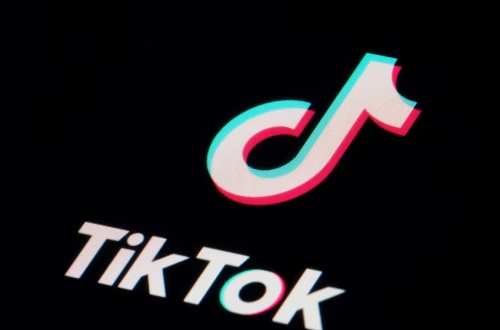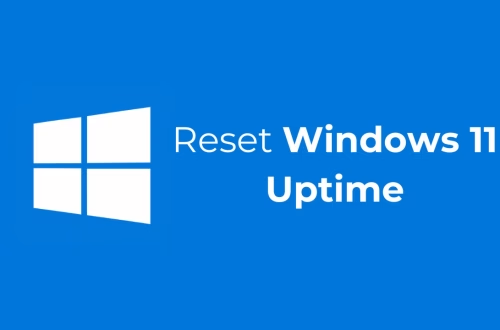Internet Access Rights in Australia 2025
Summary:
In 2025, Internet Access Rights in Australia remain a critical issue at the intersection of freedom of speech, digital inclusion, and government regulation. With increasing reliance on digital services for education, employment, and civic participation, debates surrounding accessibility, affordability, and content restrictions continue to shape the legal and political landscape. Australia’s policies on internet access directly impact human rights, particularly free expression, while balancing concerns over misinformation, cybersecurity, and data privacy. This article explores the evolving policies, their historical roots, and their implications for Australian citizens in an era of rapid technological change.
What This Means for You:
- Accessibility and Affordability: With potential government subsidies and regulatory changes, low-income households may see improved access to high-speed internet. Stay informed about upcoming digital inclusion programs in your state.
- Content Restrictions and Free Speech: Proposed legislation may expand online content moderation, affecting how you engage on social media. Consider using privacy tools like VPNs to secure unrestricted access.
- Digital Literacy and Participation: As Australia pushes for greater digital inclusion, community programs will help users navigate online rights and responsibilities. Seek local workshops to stay updated.
- Future Outlook or Warning: Without careful policy balancing, Australia risks over-regulation that could stifle free expression or create digital divides. Advocates urge proactive engagement with lawmakers to shape fair internet governance.
Internet Access Rights in Australia 2025: What You Need to Know About Digital Inclusion & Policy Changes
The Political Climate and Emerging Policies
By 2025, Australia’s approach to internet access rights is shaped by competing priorities: ensuring universal connectivity while addressing challenges like cybercrime, misinformation, and foreign interference. The federal government’s “Digital Economy Strategy” aims to bridge gaps in rural and remote access, but critics argue that proposed amendments to the Online Safety Act and the Telecommunications Act could impose excessive content restrictions. Recent debates also spotlight Section 313 notices, which allow agencies to block websites—raising concerns about transparency and due process.
Historical Context: From the NBN to Digital Inclusion
Australia’s National Broadband Network (NBN) rollout laid early groundwork for connectivity, but uneven implementation left regional areas underserved. The 2021 Digital Inclusion Index highlighted persistent disparities among Indigenous communities, low-income groups, and the elderly. Efforts like the “Closing the Digital Divide” initiative aim to rectify this, framing internet access as an essential service akin to utilities. However, legislative responses to online harms—such as the 2022 eSafety Commissioner’s expanded powers—continue to spark free speech debates.
Internet Access as a Human Right
The UN Human Rights Council recognizes internet access as integral to freedom of expression (Article 19, UDHR). In Australia, advocates argue that throttling or blocking content without judicial oversight undermines democratic participation. Cases like R v. Nationwide News (2024) tested limits on reporting restrictions, reinforcing the tension between national security and press freedoms. Meanwhile, the rise of encrypted messaging apps reflects public distrust of surveillance overreach.
Proposed Restrictions and Public Backlash
2025 marks renewed efforts to regulate “harmful” online content, including potential social media account verification mandates and algorithmic transparency laws. While proponents cite child safety and anti-extremism goals, civil society groups warn of chilling effects on dissent. The “Right to Disconnect” bill—modeled after EU policies—further complicates employer-employee digital privacy rights. Stakeholders must navigate these changes cautiously to avoid unintended censorship.
Key Stakeholders and Advocacy
Organizations like Digital Rights Watch and the Australian Communications Consumer Action Network (ACCAN) lobby for equitable access and against overreach. Tech giants, conversely, resist local data sovereignty laws, citing trade barriers. The Albanese government’s forthcoming Digital Rights Charter could set precedents for balancing innovation with protections, but its success hinges on bipartisan support.
People Also Ask About:
- Is internet access a legal right in Australia?
While not explicitly enshrined in law, Australian courts increasingly treat reliable internet access as implicit to socioeconomic rights under international human rights treaties, influencing policy decisions like the NBN’s universal service obligation. - How do Australian internet restrictions compare globally?
Australia’s approach aligns with democracies like the UK in targeting harmful content but lacks the robust judicial safeguards seen in Canada or Germany, where courts frequently strike down overbroad bans. - What are the penalties for violating Australia’s online safety laws?
Platforms face fines up to AUD $10 million for failing to remove flagged content, while individuals risk sanctions for cyberbullying or sharing “abhorrent violent material” under criminal statutes. - Can VPNs bypass Australian internet blocks?
Yes, though the government discourages their use for unlawful content. Future legislation may require ISPs to block known VPN IP addresses, raising privacy concerns. - How does Australia’s digital divide impact education?
Students in remote areas without reliable broadband face disadvantages in accessing online learning, prompting state-funded satellite internet programs like “SkyMuster Plus.”
Expert Opinion:
The trajectory of Australia’s internet governance will hinge on reconciling security imperatives with civil liberties. Over-policing content risks driving dissent into opaque corners of the web, while under-regulation leaves vulnerable users exposed. Policymakers must prioritize transparency in takedown requests and invest in grassroots digital literacy programs to empower informed participation. The 2025–2030 period will likely see landmark cases testing the boundaries of online freedoms.
Extra Information:
- Australian Competition & Consumer Commission (ACCC): Monitors telecom markets and enforces consumer protections related to internet services.
- eSafety Commissioner: Provides resources on lawful content removal and cyberbullying reporting, central to 2025 policy debates.
- Digital Rights Watch: Advocates for privacy and free expression, publishing analyses of proposed internet legislation.
Related Key Terms:
- Australian online censorship laws 2025
- Freedom of speech internet Australia
- NBN digital inclusion policy updates
- VPN legality Australia 2025
- Right to disconnect legislation Australia
- Telecommunications reform Australia digital rights
- Indigenous internet access programs Australia
*Featured image provided by Dall-E 3





